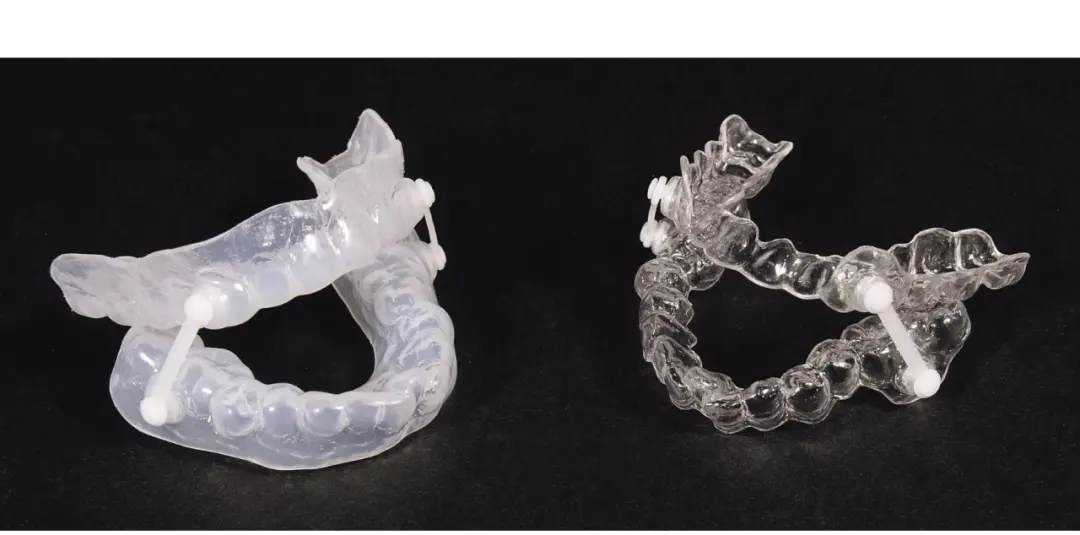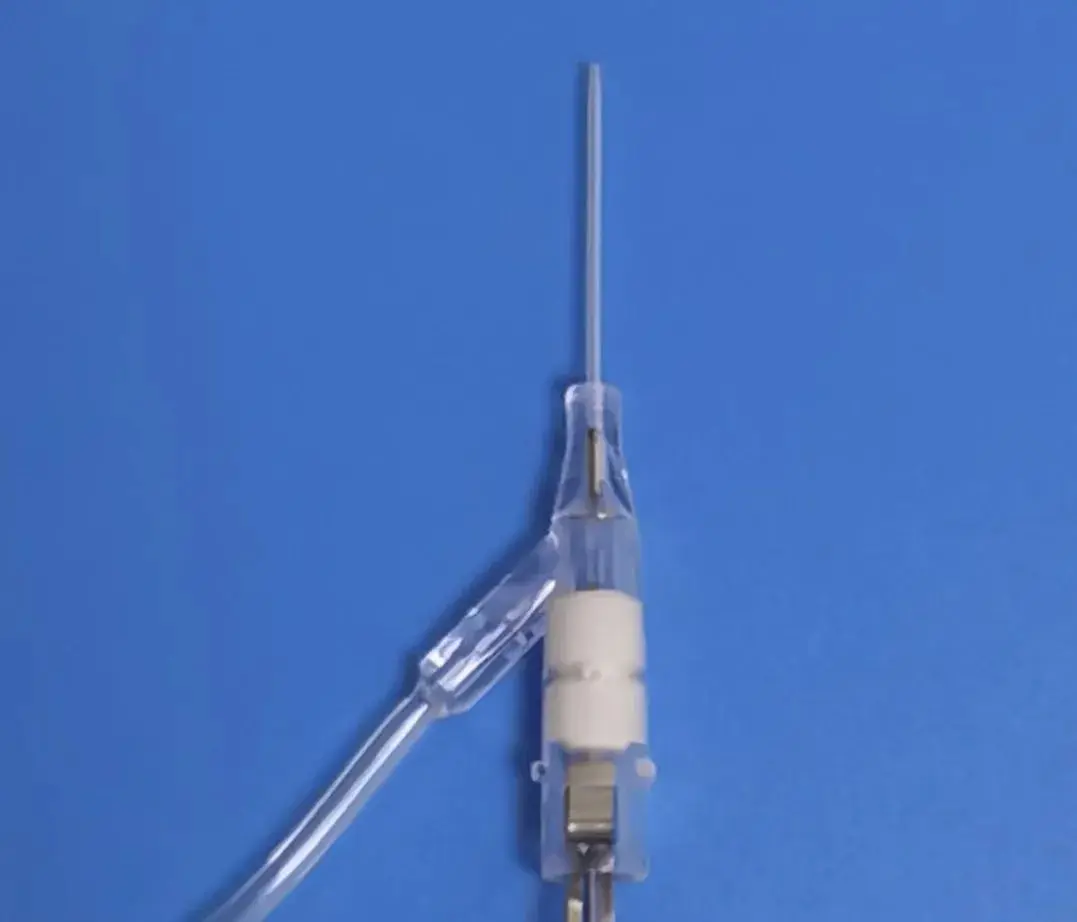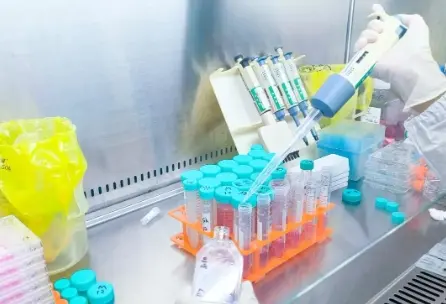
How much does un38.3 testing cost?
Chapter 38.3 of the United Nations "Recommendations on the Transport of Dangerous Goods - Manual of Tests and Criteria" - Lithium Metal and Lithium Ion Batteries specifies the procedures to be followed for classification during the transportation of lithium metal and lithium ion batteries. Lithium batteries and equipment/vehicles with lithium batteries are generally required to pass the un38.3 test before transportation.
A package 1.2m drop test
a Applicable to small energy lithium batteries transported alone or packaged with equipment.
Note: Small energy lithium battery:
i. Lithium metal cells with a lithium content not exceeding 1g or lithium metal batteries with a lithium content not exceeding 2g;
ii. Lithium ion cells with a rated Watt-hour value not exceeding 20 W · h or batteries with a rated Watt-hour value not exceeding 100 W · h.
(The work done with 1W of power in 1H is defined as 1W·H. That is, calculated using W=PT. For example, the common kilowatt-hour is the electric energy consumed by an electrical appliance with a power of 1KW to do work for 1H.)
aNot applicable to lithium batteries installed in the device
bNot suitable for high-energy lithium batteries
Note: High-energy lithium batteries refer to lithium batteries that exceed the limit of small-energy lithium batteries.
customized test
A. Customized testing of various types of batteries;
B. The laboratory undertakes customized testing services for various standard or non-standard batteries. We can provide personalized testing solutions and carry out corresponding testing (involving various types of battery electrical performance and safety performance testing) based on customer-specified standards or requirements.
ØReference standard
* Lithium battery UN38.3 test
The seventh edition UN38.3 includes the following 8 test items:
u T.1-Highly simulated,
u T.2-Temperature test,
u T.3-Vibration,
u T.4-impact,
u T.5-external short circuit,
u T.6-impact/extrusion,
u T.7-overcharging,
u T.8-Forced discharge.
Different types of lithium batteries are suitable for different project combinations.
* 1.2m drop test standard for packaged parts
United Nations "Model Regulations on Recommendations on the Transport of Dangerous Goods" (21th) Special Provision 188 (UNR-3.3-188-21th)
* Customized testing of various types of batteries
JJRLAB laboratory testing standards include:
UN series standards, IEC series standards, UL series standards, GB series standards, GB/T series standards, QC/T series standards, SN/T series standards, IEEE series standards, etc.
UL 1642-2005 IEC 61960 GB/T 18287-2000 QB/T 2502-2000 SN/T 1414.3-2004
lInspection process:
a) UN38.3 test sample requirements (small batteries)
Serial number | Battery Type | Sample quantity | Status requirements | |
1 | Not rechargeable | Battery Cell | 50 battery cells | Battery cells: 25 fully charged + 25 empty |
2 | Single cell battery | 25 single-cell batteries; | Single cell battery: 15 cells fully charged + 10 cells empty; | |
3 | Battery | 10 battery packs; | Battery pack: 6 fully charged cells + 4 empty cells; | |
4 | chargeable | battery cell | 50 battery cells | Battery core: 30 pcs 1CYC + 20 pcs 25CYC |
5 | single cell battery | 20 single-cell batteries; | Single cell battery: 10 pcs 1CYC + 10 pcs 25CYC; | |
6 | Battery | 20 battery packs; | Battery pack: 10 pcs 1CYC + 10 pcs 25CYC; | |
Note: 1CYC refers to the battery after the first cycle of charge and discharge; 25CYC refers to the battery after 25 cycles of charge and discharge. If you cannot determine the battery type or the battery weight is greater than 12kg, please contact us to confirm the sample quantity, status requirements and test plan. | ||||
b) 1.2m drop test of packaged parts
Sample delivery requirements, testing cycle and cost standards | |||
Test items | Sample request | Detection cycle | Testing fee |
1.2m drop test | a package | 2 working days | $ 150 /model |
Expedited: Only expedited on the same day is accepted | $ 200 /model | ||
c)Customized test
UN383 test cycle and testing fee standards | ||||
Fees | ≤100Wh battery | >100Wh battery | ||
cost | cycle | cost | cycle | |
25 | $ 250 Model | 10-15 days | Please confirm with the lab! | |
UN38.3 test | $ 1700 Model | About 30 days | ||
Email:hello@jjrlab.com
Write your message here and send it to us
 Toothbrush FDA Certification Testing
Toothbrush FDA Certification Testing
 Snoring Device FDA 510k Standard Testing
Snoring Device FDA 510k Standard Testing
 Single Use Intravenous Catheter Certification Test
Single Use Intravenous Catheter Certification Test
 Silicone Material Product Compliance Certification
Silicone Material Product Compliance Certification
 What to Do If Cytotoxicity Test Results Are Positi
What to Do If Cytotoxicity Test Results Are Positi
 ISO 10993:5 Cytotoxicity Testing Methods
ISO 10993:5 Cytotoxicity Testing Methods
 FDA ISO 10993-1 Biocompatibility Evaluation Guidel
FDA ISO 10993-1 Biocompatibility Evaluation Guidel
 In Vitro Cytotoxicity Testing for Medical Devices
In Vitro Cytotoxicity Testing for Medical Devices
Leave us a message
24-hour online customer service at any time to respond, so that you worry!




